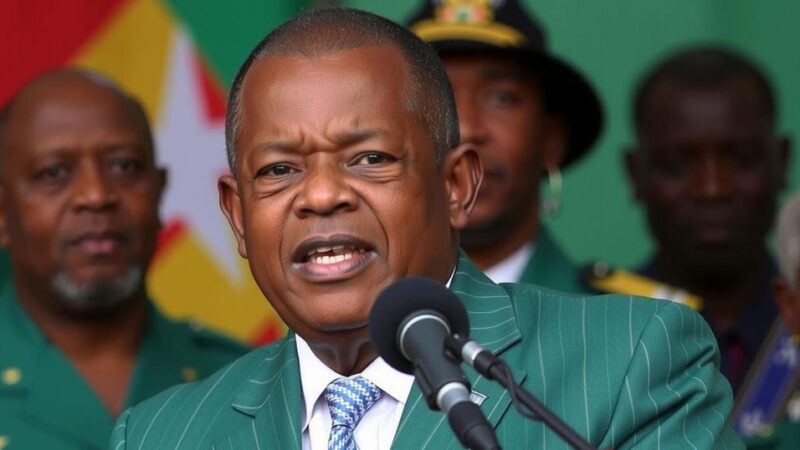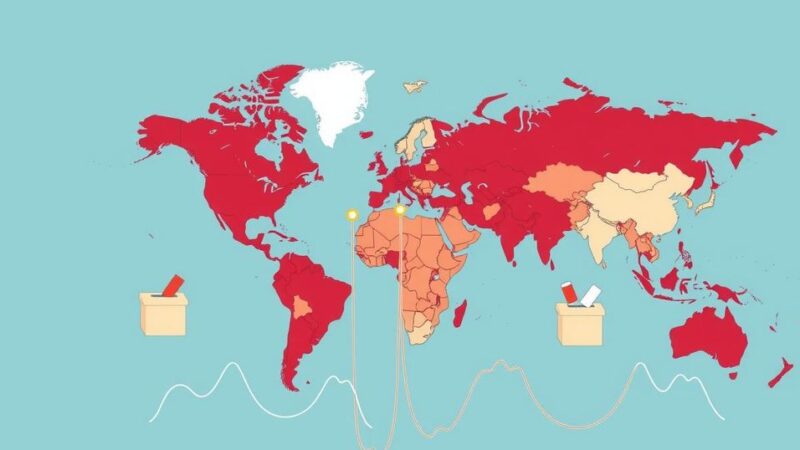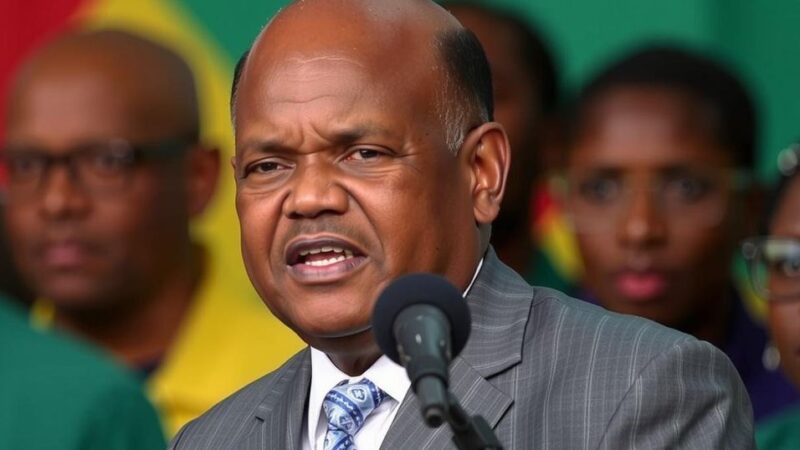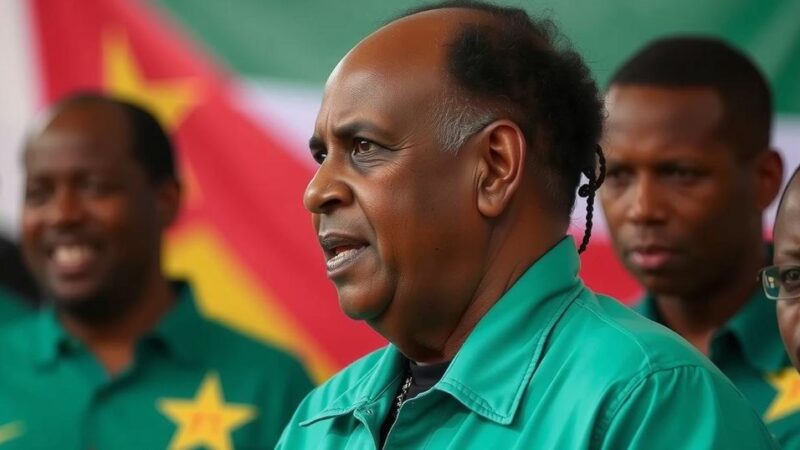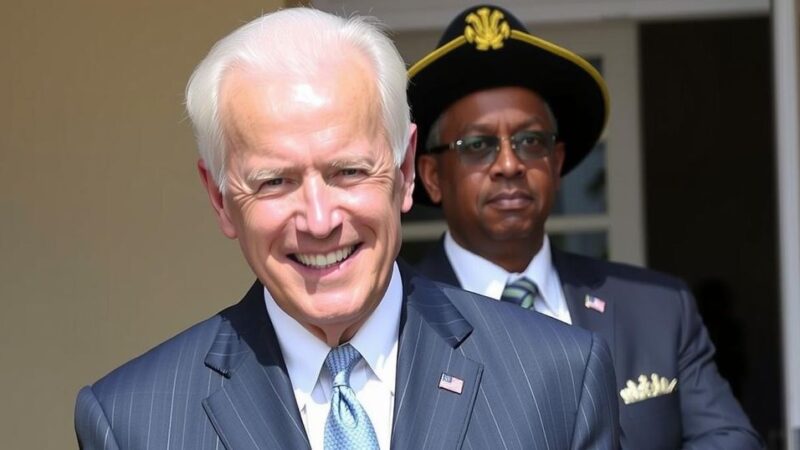As America awaits election results, Chinese state media emphasizes U.S. political divisions, portraying the electoral process as a potential catalyst for unrest. This reflects long-standing Chinese discontent with U.S. criticism of its governance. The commentary indicates that regardless of the election outcome, U.S.-China tensions are expected to persist, reflecting a consensus in China about the ongoing challenges posed by American foreign policy actions.
As America eagerly anticipates the outcome of its electoral process, Chinese state media is seizing the moment to highlight the political divisions within the United States, suggesting the potential for unrest following the elections. Beijing’s commentary reflects a long-standing disdain for the criticisms leveled at China regarding its authoritarian governance under President Xi Jinping, who has consolidated power for life. In a series of reports and opinions during this election cycle, Chinese media outlets emphasized a narrative of discord and political dysfunction in the U.S. The state-controlled Global Times headlined, “US Election Day voting begins amid fears of violence, unrest,” elucidating a perception of impending chaos. Meanwhile, state broadcaster CCTV showcased Washington, D.C.’s heightened security measures, painting a picture of a nation unprepared for the democratic process, contrary to the peaceful participation of millions of voters. Moreover, various commentaries conveyed that the election appears to highlight extreme polarization between the two dominant political parties in the U.S. A commentary on social media from Beijing Daily asserted, “The US election, once considered a highlight of the so-called ‘beacon of democracy,’ may now become the starting gun of ‘social unrest.’” Social media platforms in China reflected similar sentiments, trending discussions that humorously alluded to the divided state of the nation, notably on Weibo, where users quipped that the country is so split it could be represented as US-A and US-B. Ordinary Chinese citizens, however, conveyed a sense of resignation, believing that the eventual winner of the election would not alter the strained dynamics of U.S.-China relations. Key observers in China, including residents, expressed that irrespective of who stands victorious, the U.S. policy trajectory would persist in its efforts to diminish China’s global influence. Whether it was during Donald Trump’s tenure—with tariffs on Chinese goods and a confrontation against Huawei—or Joe Biden’s administration, which has maintained a tough stance on Chinese technology and bolstered support for Taiwan, the prevailing opinion remains that the U.S.’s containment strategy against China continues unabated. One Weibo user succinctly captured this sentiment, stating, “It doesn’t matter who it is (that wins), Their containment of China won’t ease,” reflecting a shared belief across the Chinese populace that their country will face a continuous challenge regardless of the U.S. presidential outcome. Thus, as the U.S. navigates its electoral uncertainties, the Chinese narrative reinforces a perception of instability, highlighting the entrenched challenges in the geopolitical landscape that may persist long after the election results are finalized.
The context surrounding this article involves the ongoing narrative that Chinese state media constructs regarding American political processes, particularly during elections. China has often used U.S. election cycles to critique Western democratic principles while promoting its own governance model as stable and more effective. This tension is especially pronounced under Xi Jinping’s leadership, where efforts to consolidate power face international scrutiny, particularly from the United States, which has historically position itself as a proponent of human rights and democratic values. The fraught U.S.-China relationship offers a backdrop to the media’s response to American elections, driven in part by a shared acknowledgment in China that the outcome is unlikely to alter the overarching dynamics of their bilateral ties. The electoral discourses reveal the broader implications of perceived systemic weaknesses in Western democracies as viewed from Beijing.
In conclusion, as America awaits its electoral results, Chinese state media has strategically amplified narratives of U.S. political division and the potential for turmoil. This portrayal serves not only to mock the U.S. political system but also to reinforce a sense of unwavering stability in China’s governance. Despite the democratic façade, ordinary Chinese citizens express skepticism about any significant change in U.S.-China relations, acknowledging that the strategies employed to constrain China’s rise will likely endure, irrespective of who occupies the White House.
Original Source: www.cnn.com


